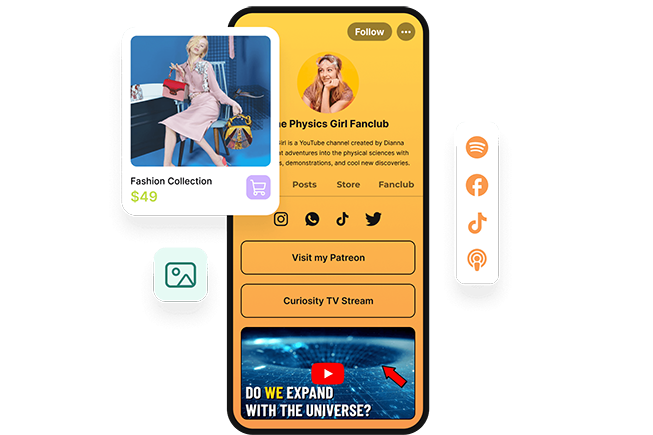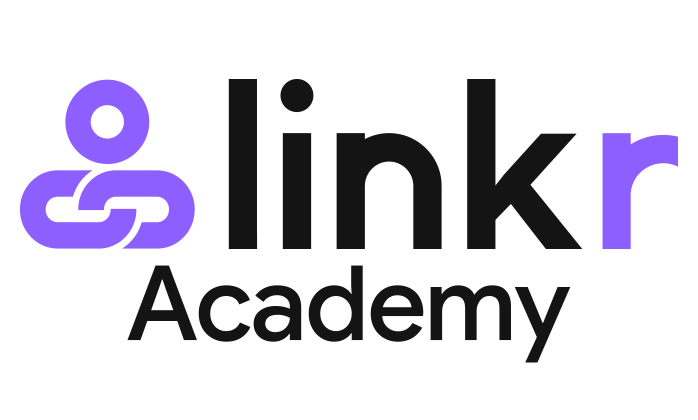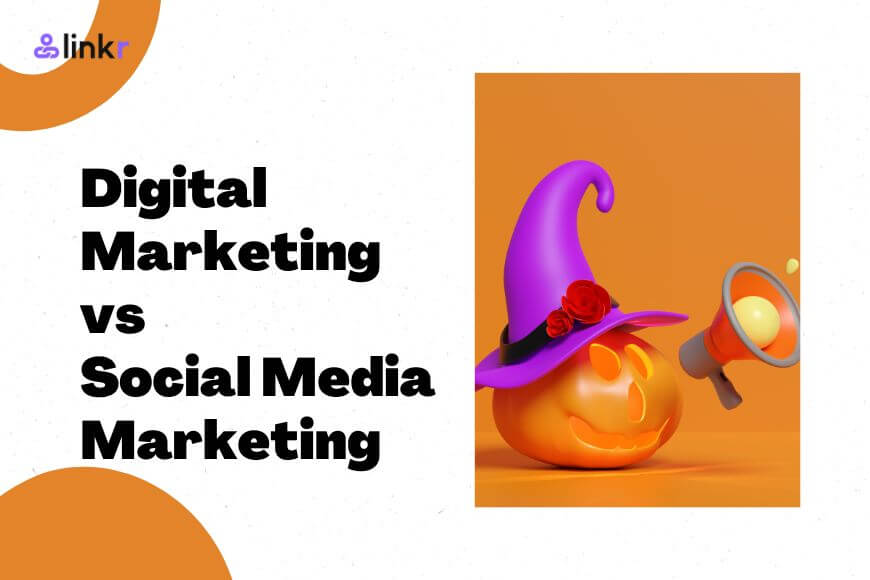Digital Marketing vs Social Media Marketing: Why not both?
In the digital age, businesses may reach and engage their target audiences by utilizing social media marketing and digital marketing. Despite having similar objectives, their methods of implementation and communication are different. We’ll discuss the value of social media marketing as well as digital marketing in this post, along with the differences between the two types of marketing.
Table of Contents
What is digital marketing?

Digital marketing refers to a wide range of internet marketing strategies used to advertise goods and services. It entails connecting with potential customers through a variety of digital platforms, including websites, search engines, email marketing, content marketing, and online advertising. Utilizing technology and data-driven techniques, digital marketing aims to reach a large audience, increase traffic, and produce conversions. It includes things like content production, email marketing, PPC advertising, and more.
What is social media marketing?

A subcategory of digital marketing called social media marketing, on the other hand, focuses on using social media sites like Facebook, Instagram, Twitter, and LinkedIn to connect and interact with the target market. The main goals of social media marketing are engagement, brand awareness, relationship development with customers, and content creation and sharing. In order to establish a community, engage followers, and amplify brand messaging, it makes use of the power of social networks.
Digital marketing vs. social media marketing: what sets them apart?

Even though social media marketing and digital marketing are both crucial components of a holistic marketing strategy, they each have unique goals and advantages.
Channels
Digital marketing: Uses a range of online platforms, including websites, search engines, email, display advertising, mobile apps, and others.
Social media marketing: Leverages social networking sites like Facebook, Instagram, Twitter, LinkedIn, and YouTube in particular.
Purpose
Digital marketing: Establishes a brand’s online presence and uses multiple digital platforms to attract traffic, generate leads, and convert customers.
Social media marketing: Focuses on increasing brand recognition, encouraging customer interaction, and growing connections with the target market on social media.
Conversion rates
Digital marketing: Depending on the precise techniques employed, optimization techniques, and the efficiency of landing pages and sales funnels, conversion rates can vary.
Social media marketing: In comparison to other digital marketing channels, conversion rates on social media sites may often be lower. Social media, on the other hand, excels in encouraging long-term customer relationships and brand loyalty.
Audience members

Digital marketing: Aims to reach a broad audience of online users with a variety of interests and habits.
Social media marketing: Takes use of user demographics, hobbies, and interaction patterns to engage with a more niche group of users inside the particular social media platform.
Engagement and interaction
Digital marketing: Employs a variety of channels, including tailored emails, educational blog articles, and interactive website elements, to focus on providing useful content and interactive experiences.
Social media marketing: Emphasizes direct engagement with the audience through likes, comments, shares, direct messaging, and user-generated content, building a feeling of community and encouraging brand advocacy.💡Learn 10 Effective Tips to Grow Your Social Media Following
Reach and amplification
Digital marketing: Reaches potential clients who might not be engaged on social media platforms and offers a wider reach across different web channels.
Social media marketing: Gives content the chance to grow organically and develop popularity among a larger audience. It also offers the opportunity for viral sharing, influencer relationships, and organic reach.
Embracing the power of both digital marketing and social media marketing

Despite the differences between digital marketing and social media marketing, firms might gain from combining the two approaches. Businesses can develop a strong and efficient marketing strategy by fusing the advantages of each approach.
For creating an online presence and generating traffic for a company’s website, digital marketing offers a solid base. It entails making websites search engine friendly, producing informative content, managing online marketing campaigns, and leveraging a variety of marketing tools and tactics to draw in and convert clients. Businesses can target potential clients at various stages of the buyer’s journey and reach a larger audience by using digital marketing.
On the other hand, social media marketing enables companies to use the power of social networks and interact with their target audience on a more personal level. It provides the chance to develop enduring partnerships, increase brand loyalty, and strengthen client relationships. Businesses can promote their goods or services on social media platforms, publish user-generated content, and use influencer alliances to spread their brand message more widely.
Linkr: enhancing digital and social media marketing

Linkr is one of the tools that helps improve the efficacy of social media and digital marketing strategies. It enables digital creators or companies to enhance their online visibility and increase engagement. Businesses can condense numerous connections into one using its “link in bio” feature and point their audience to pertinent resources, merchandise, or promotions. This function is very useful for social media marketing because platforms like Instagram don’t allow clickable links in their posts by default.
Businesses can get around this restriction and offer a smooth user experience with Linkr by sending their followers to particular landing pages or other websites. Additionally, the platform provides analytics tools that offer information on user activity, link performance, and click tracking. Using this information, organizations can optimize their marketing initiatives,
Conclusion
Businesses should think about integrating digital marketing and social media marketing into their entire marketing strategy because they are effective tactics. Social media marketing offers a platform-specific opportunity to engage with the target audience on a more personal level while digital marketing offers a complete and multi-channel strategy. Businesses can develop a comprehensive marketing plan that maximizes reach, engagement, and ultimately drives success in the digital landscape by adopting both tactics and utilizing tools like Linkr.
Read more:
25 Must-Have Digital Marketing Tools to Help Your Online Business Grow
Digital Marketing for Artists: 9 Essential Strategies for Online Success




